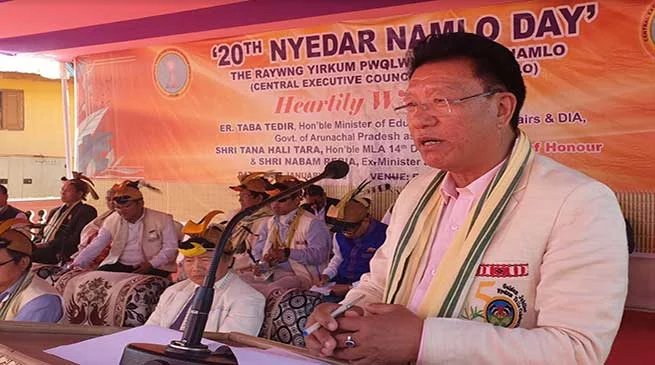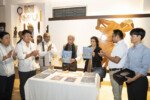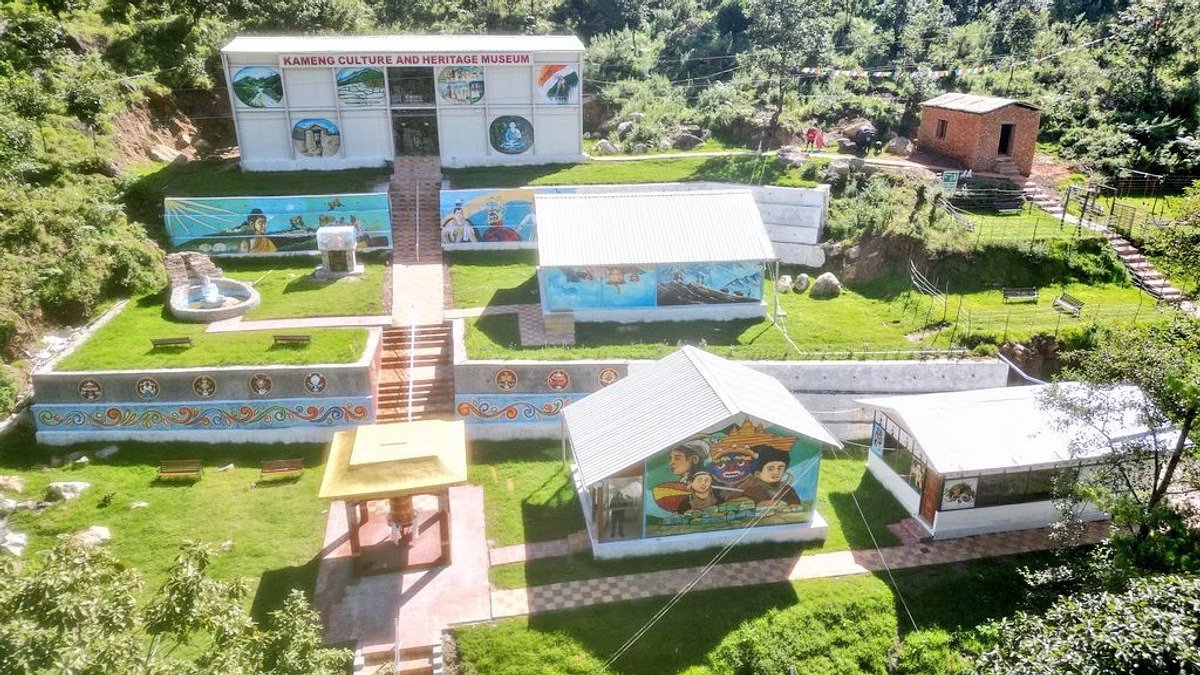ITANAGAR, Dec 3: The Arunachal Pradesh government is
working towards preservation, promotion and documentation
of the rich cultural heritage of various tribes of the state
through a proper cultural policy, cultural affairs minister Tabe
Tedir said.
Inaugurating the Arunachal chapter of Indian National Trust for
Art and Cultural Heritage (INTACH) here on Saturday, the
minister said the state is a treasure trove with as many as 26
major tribes and more than 100 sub-tribes with diverse culture
and traditions of their own.
He said that research works for preservation and promotion of
the cultural heritage would greatly benefit the state.
Expressing his happiness on inaugurating the INTACH Arunachal
chapter, the minister said that government is taking various
steps for proper documentation of all tangible and intangible
cultural heritages of all major tribes.
The cultural affairs minister said all the museums in the state
would be digitized very shortly.
“In order to preserve the local dialects, the state government
has introduced dialects of twelve tribes as third language in
schools curriculum up to class 8,” he said and urged INTACH to
take specific steps to preserve those dialects which are on
verge of extinction.
Tedir said all necessary support have been provided to include
the Thembang village in West Kameng district and Apatani
Cultural Landscape, Ziro in UNESCO world heritage sites and
many more including, Bhalukpong Fort at Paya and Tameshwari
Temple Bhismak Nagar are in offing to get enlisted in the world
heritage site list.
INTACH director Capt (Retd) Arvind Shukla said INTACH, set up
in 1984 is India’s premier heritage conservation organisation,
dedicated to preserve and conserve the environment to
revitalise India’s intangible heritage, besides fostering
awareness and appreciation of its vast multi-faceted cultural
heritage.
He said involvement of citizen towards cultural conservation is
pertinent, as government alone cannot protect the heritage
and expressed the need to strengthen the Arunachal chapter, in
the state through collaboration with various stakeholders for
comprehensive documentation of oral traditions, cultural
designs, culturally significant sites. (PTI)







